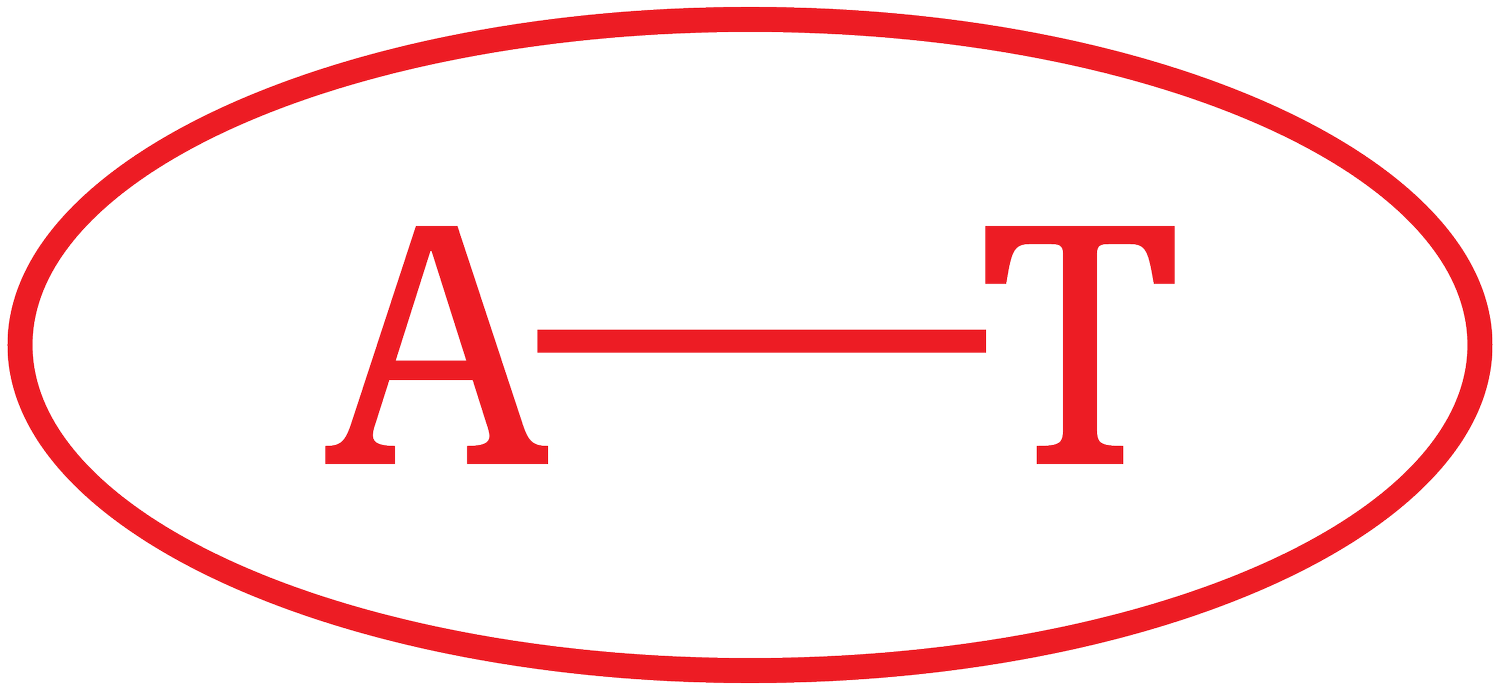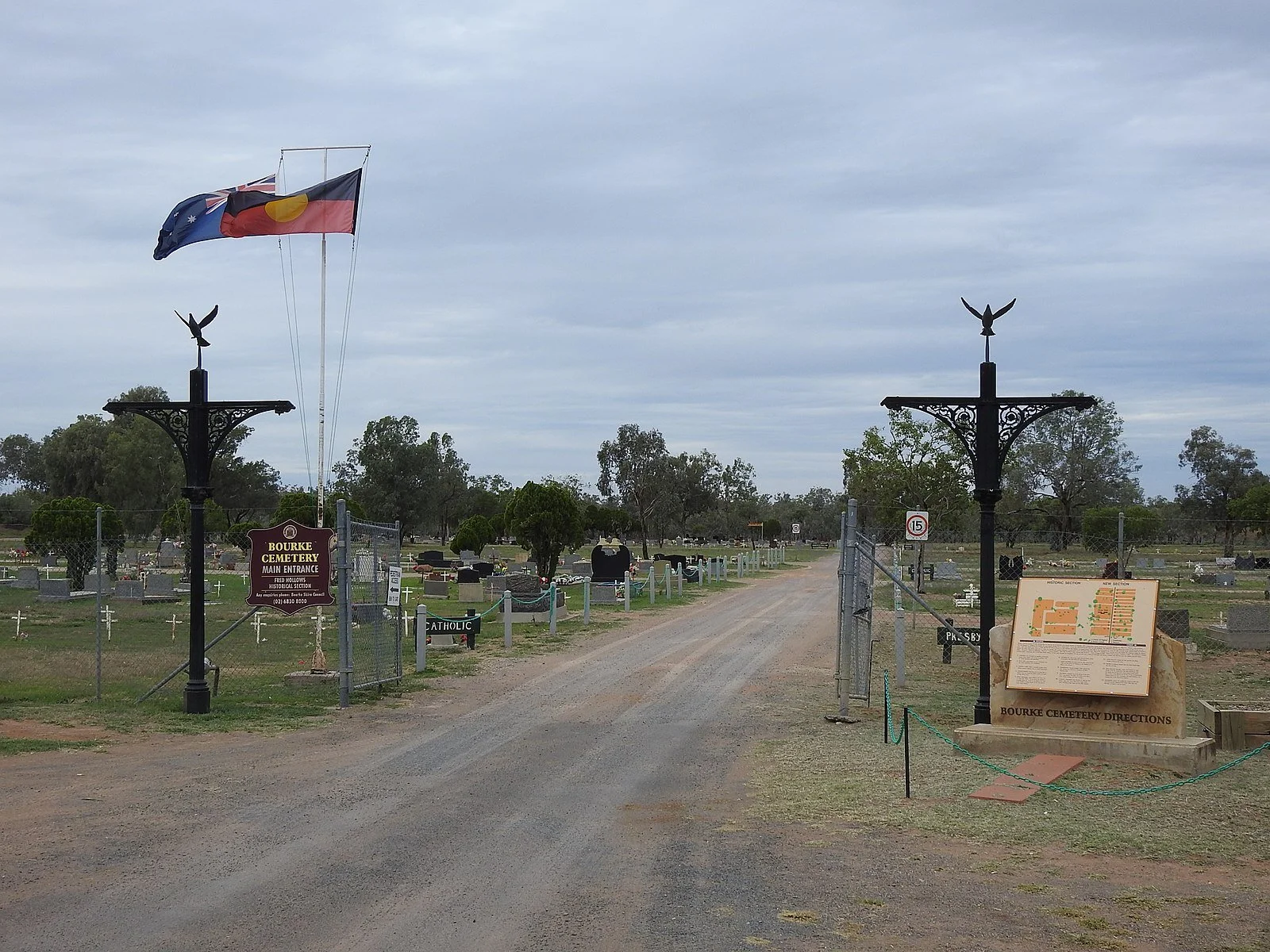This StoryBank is best viewed on a laptop or desktop computer. You may browse it on your tablet or mobile, however, we recommend switching screens for the best experience.
ReConnect Bathurst:
Lonnie Edwards
Please be aware that this project includes the names and images of Aboriginal and Torres Strait Islander peoples who have died. The family has given permission for these images, names and stories to be shared.
I grew up in Bourke. There are 10 sisters in our family and 3 brothers. I have 2 other brothers that passed and my dad also had two children.
We were reared in Bourke on The Reserve on a dirt floor in a tin humpy. My dad was a hard worker for the department of the main roads.
Before that, he was also a stockman and he worked in the abattoir and on the Sanitary Cart. Dad would tell us a lot of stories.
He told a lot of funny stories about the time he worked on the Sanitary Cart. Once he was removing a pan from the back of the outhouse and a lady was in the middle of her business. It would have been 5 am in the morning. She screamed and he quickly ran back to the cart and drove away laughing. We always laughed when he told us that story.
Listen to Lonnie talk about running home from school for lunch:
Mrs and Mr Mac were kind, Christian people and they used to take us out of town on a Sunday. We needed to be able to say a memory verse before they’d let us get on the truck.
They had a big white truck with a cage around it. We sat in the back while they drove us out to a place in North Burke. We’d go to Sunday school, milk the cows, go on the motorbike, swim and go on the flying fox across the river. The people on the property let us all have a go at milking the cows. We got to put the milking machine on the cow's udders.
We had very little to eat in those days. We’d always come home with a carton of cream and milk. Mrs Mac made really good tomato relish and we’d get some of that to take home too.
Me and my two sisters used to go out there.
We’ve got good memories.
My sister Di set up the medical centre up in Bourke.
She left Bourke and went to a girls boarding house and that’s when she studied.
She’s very educated and accomplished.
As a young Aboriginal woman, you just can’t imagine how many people will try to knock you down. Even sometimes people from your own community.
My sister knew that there would be a better life. We would see the train going from the town yard and we would see people on the train. I always wondered where they were going and wondered what their lives were like.
I have faced some discrimination in this town. I still suffer from it today.
I was given a house in a street — but the people in that street didn’t want an Aboriginal person in their street. They made my life hell. They made up stories with letters and took me through the court system. They wrote a petition and did everything they could to stop me from living in that house.
They needed to get their facts right before they accused me. None of it was true. People should not judge me when they don’t know me. It was the worst experience for me. They just didn’t want Aboriginal people in their street.
One of the fears that I have for my grandchildren and great-grandchildren is that something like this could happen to them.
Mitchell Library. State Library of NSW. Courtesy SEARCH Foundation.
After what happened to me I suffered. I went to the doctors. I was on depression medication. I went to counsellors.
I knew that I wanted to be strong and to have a strong voice for my family and my community.
It’s not a time to be silent no more.
It’s time to speak up!
Yvonnie is just like my sister I suppose.
We have a real close connection.
We can rely on each other and we can give each other advice.
We cruise around together and we like to see what’s going on around the place
We both go and deliver food parcels to the people in our community who need some support.
We laugh a lot.
One of my Aunties named me Patricia.
My mum called me Lonnie.
People who know me well can call me Lonnie.
It’s respectful to use my nickname, but only if you know me.
My mum used to sit in the park across from the school we went to. She’d make Jonny Cakes with a little bit of meat and drop them off. Sometimes we had them with golden syrup or apricot jam. Sometimes we had nothing so we would dip our bread in fat. You do whatever you have to when you don’t have any choice.
Our people, used to sit around a fire and tell our stories. We can’t sit around a fire here, we’ll shiver our geewees off.
Do you think that there’s a lot that’s lost because you can’t do that sort of thing sitting and chatting and just yarning around a fire?
It’s not like that anymore.
You know, talking like that is the way our people communicate.
They go on over next door to yarn.
I’ll come over here to Yvonne and have a yarn.
What would your advice be to the younger generation about education?
Well, to me, they need to get an education. They need to go to school to get their education to succeed in life.
You know, to be able to cater for their families, because it’s a struggle as it is now today.
And the main key for younger kids is to listen to their elders and to go to school.
There’s nothing good about getting old. I’ll tell you something.
If I reached the same age as my old mum, that’s 86 years of age, that would be good.
That’s a good number.
Because the white man says, Aboriginal people only live till they’re 50. They got the statistics wrong.
You live as long as you can with anyone else if you look after your health. There’s no numbers. If you look after your health you will live a good life.
And I want to reach the age of my old mum.
This project is proudly funded through the State Government’s Local Government Social Cohesion Grant Program. ReConnect Bathurst is an And Then project delivered in partnership with Bathurst Regional Art Gallery.
Current: Lonnie Edwards
Next: Yvonne Morgan
Uncle Bill Allen
Bev Cooney
Cheryl O’Brien
June Paton
Gus Gorton
Lonnie Edwards
Yvonne Morgan
Enn Muller
Jan Sheppard
Edgar Coello
Aunty Shirley Scott and Aunty Sandra Peckham
Mike Hardie
Frank Smith
Clive Brabham
Eddy Suttor
RECONNECT BATHURST PARTICIPANTS’ INDIVIDUAL STORYBANKS
PROJECT INFORMATION
WHEN
April – November 2022
WHERE
Bathurst, NSW
WHY
We believe that stories matter and that stories like those shared here hold power and significance.
The vision of the project is to use photo-storytelling and cultural preservation practices to develop social and creative connections and experiences with older people from the Bathurst area. This project celebrates the participants' lived experiences while encouraging dialogue around ageing, isolation and ageism.
Social-arts projects like this are important as they transform public spaces and help to build a sense of community. It’s been wonderful to reimagine Pedrottas Lane in Bathurst and to create an online representation of the physical exhibition with a project made with the community, for the community.
WHO
We were honoured to be invited by Bathurst Regional Art Gallery to create and facilitate ReConnect Bathurst.
16 older people from the Bathurst area. Many of the participants were nominated by local community organisations while others serendipitously came to be a part of the project. We’d like to thank The Bathurst Aboriginal Land Council, The Wiradjuri and Community Aboriginal Elders, The Neighbourhood Center, Bathurst Business Chamber, The Woodies, Bathurst RSL Sub Branch and the Country Women’s Association.
With special thanks to Dinawan Dyirribang (Uncle Bill Allen), Bev Cooney, Cheryl O’Brien, June Paton, Gus Gorton, Lonnie Edwards, Yvonne Morgan, Enn Muller, Frank Smith, Jan Shepard, Edgar Coello, Aunty Shirley Scott, Aunty Sandra Peckham, Mike Hardie, Clive Brabham and Eddy Suttor.
HOW
Our stories are a wonderful connection point. It’s through sharing them with each other that we make space for conversations that can inspire, that can expand our understanding and in some cases, leave us changed.
During this project, we spent time with each person, we talked, reflected on old photographs, made images together and worked through various ways of co-authoring. Socially-engaged practice empowers participants to participate in the creation of their stories, allowing them to represent themselves in the way that they choose.
We often leave a camera with participants and invite them to engage in their own image-making. There’s something raw and revealing about the images made this way, about seeing the world through the participants' eyes.
AND THEN
Through their stories, we see facets of vast lives lived. We witness the snapshots and threads that when woven together create a rich tapestry. Our hope is that as stories wash over us we’re able to make space to contemplate connection and the beauty of community.
This project is proudly funded through the State Government’s Local Government Social Cohesion Grant Program. ReConnect Bathurst is an And Then project delivered in partnership with Bathurst Regional Art Gallery.






























